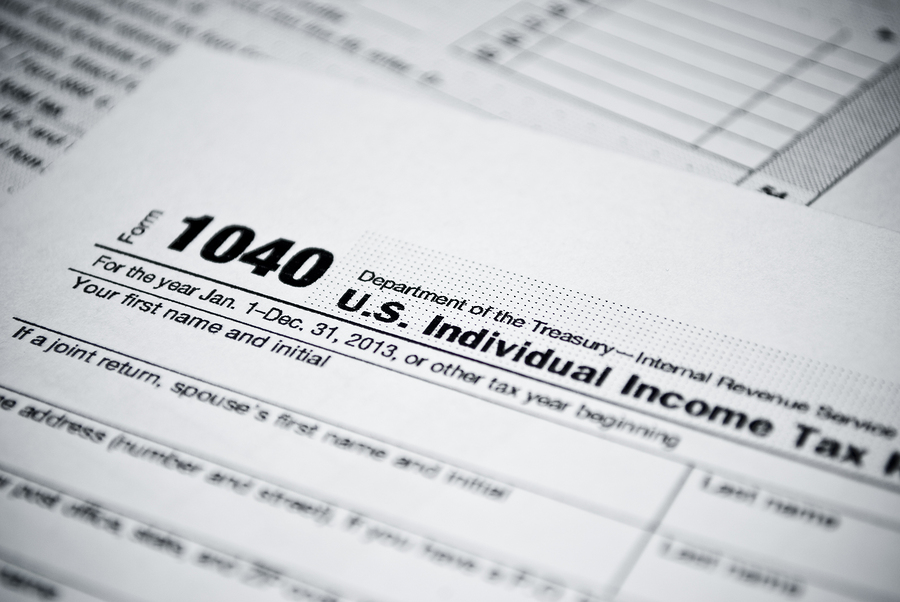
One of the hidden pitfalls that lawful permanent residents often overlook when considering how to preserve their immigration status is taxes. Most green card holders are aware of the risks of traveling outside for an extended period of time, but few are cognizant of the impact that taxes can have, particularly when filing IRS Tax Form 1040-NR. While the intent of this blog is not to provide tax advice (individuals should always consult with their accountants), lawful permanent residents may want to consult with both their CPA’s and immigration attorneys before filing this particular form, which is for those who claim to be US Nonresident Aliens. In many cases, lawful permanent residents who file this form may be exposing themselves to or raise a presumption that they have abandoned their green card status.
While individuals (who are not citizens) need to consult with tax preparers to understand what type of income needs to be declared, including from sources outside the United States, monetary concerns should not always take precedence. In some cases, filing a tax return as a resident alien does not necessarily mean that the alien will always pay as much income taxes on foreign income as thought because treaties and foreign tax credits may minimize the tax amount actually paid to the IRS. After understanding his/her tax liability, the permanent resident will need to balance his/her tax exposure against the risk of jeopardizing his/her permanent residence.
In many cases, a permanent resident who has filed as a non-resident may not even be aware of the potential hazards of doing so until he/she later applies for citizenship, where it is likely to be discovered. The N-400, Application for Naturalization, requires that all applicants provide certain information about all their tax filings since living in the United States. It specifically asks the following questions, which must be answered truthfully:
- “Have you ever not filed a Federal, State, or local since you became a permanent resident?”
- “If yes, did you consider yourself to be a non-U.S. resident?”
- “Have you called yourself a “non-U.S. resident” on a Federal, State, or local tax return since you became a Permanent Resident?”
This is not to say or suggest that answering “yes” to any of these questions automatically results in an absolute denial of the application, or proceedings to revoke one’s permanent residence. In the context of a citizenship application, USCIS will consider a number of different factors and circumstances to understand what the applicant intended when the taxes were filed and whether any steps were taken to remedy the filing, if misfiled. The point is that permanent residents need to be mindful of their status, even when it comes to matters as mundane as filing taxes.
For more information regarding the impact of filing taxes on immigration status, please contact our office. Issues such as these should be addressed well ahead of any application being filed including the I-90 and N-400.
We hope that you have enjoyed this article and learned at least one new thing or tip that you may not have known. To keep informed about the latest developments in immigration law, please subscribe to our blog feed by clicking on the “Subscribe To This Blog’s Feed” button on the left. It is important to understand that the above is only general information and not legal advice. It does not create an attorney-client relationship nor should it be relied upon as legal advice. The law is extremely fact and circumstance sensitive. For an individual legal analysis of your specific legal case, please complete the “Case Evaluation” box to the right of the screen to get in touch with one of our attorneys.
